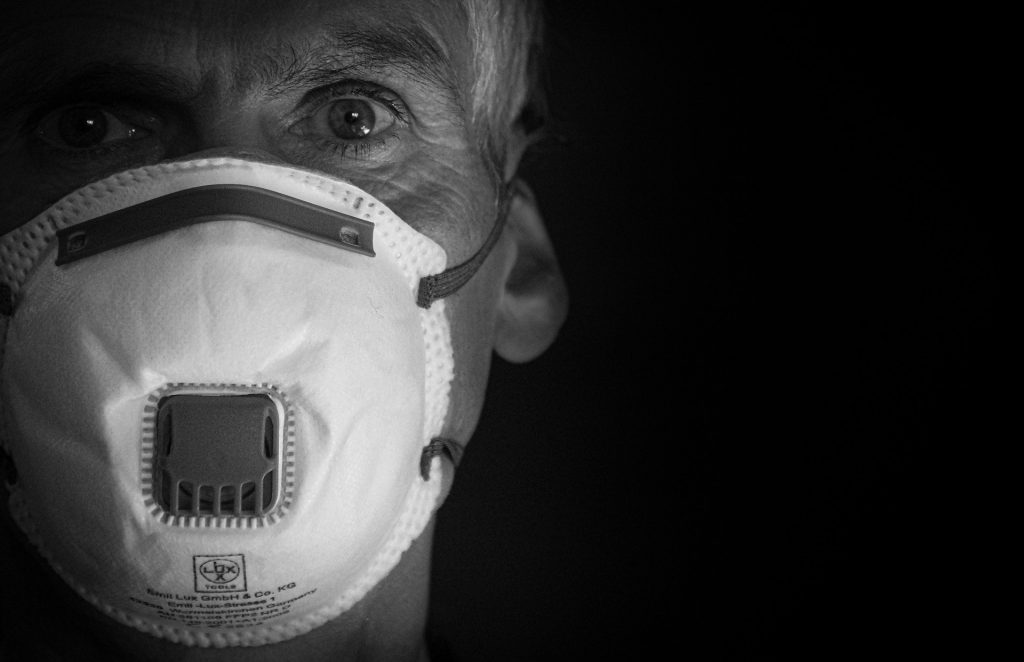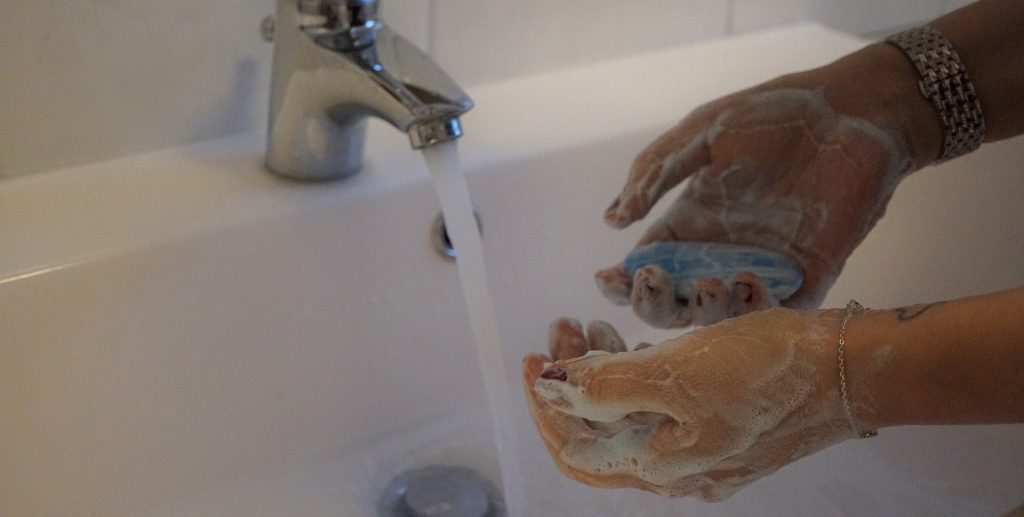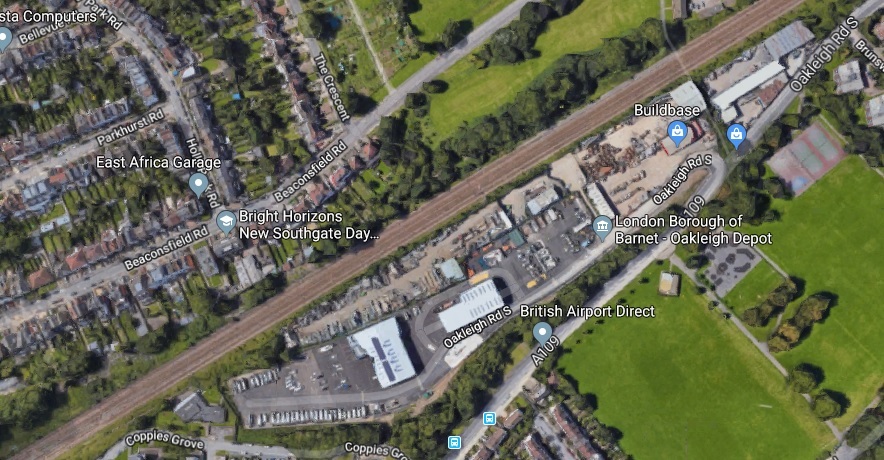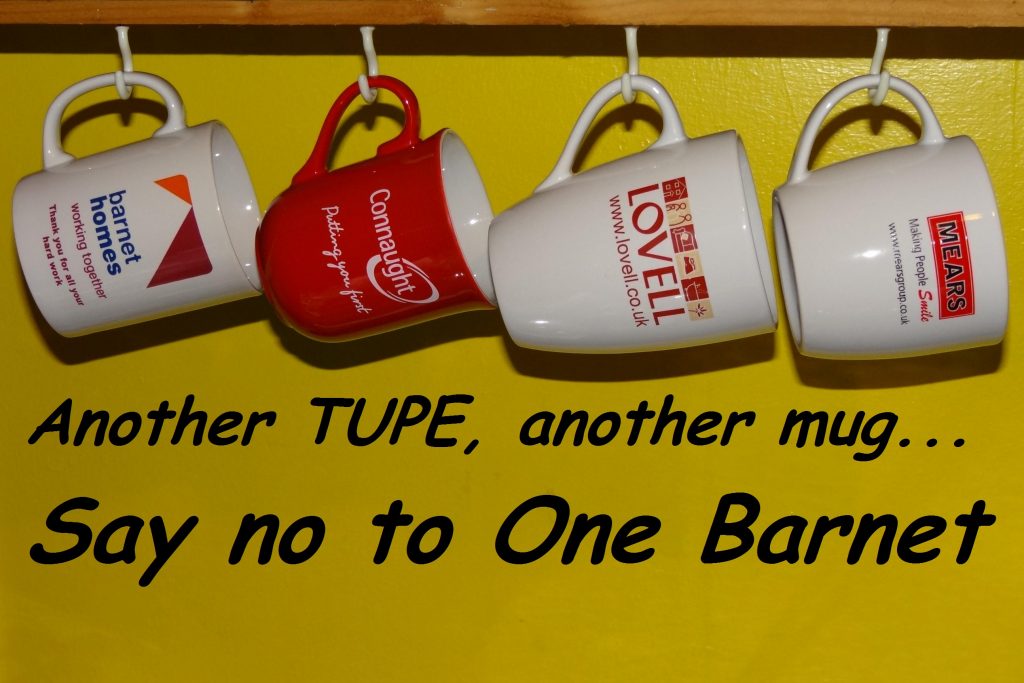
Please note the guidance below has been sent out to all Barnet Schools by Barnet Council on Friday 20 March 2020.
*** Highlights in have been added by UNISON
Pay and HR matters
Schools will clearly receive advice from their own HR provider, but the council (and Cambridge Education) are taking the following approach.
Staff who are required to isolate in accordance with Public Health England guidance will continue to receive their full pay. This includes people who have shown Coronavirus symptoms (self-isolate at home for seven days), or live with someone who has symptoms (self-isolate at home for fourteen days), or have underlying health issues or who are pregnant.
Staff will also continue to receive their full pay if they need to care for children at home due to school closures, although, where possible, they are expected to work and be available to carry out other duties if required.
All such staff should work from home if they can. They should identify themselves to their line managers immediately and agree arrangements for home-working.
Sick Pay
Staff who are not working (including home-working) due to sickness, whether they are self-isolating or not, will receive sick pay in accordance with the terms of their contract of employment. This means that the period of sickness will count towards the calculation of sick pay entitlement (i.e. thus impact the number of weeks of sick pay available to them). However, if they have Coronavirus symptoms, it will not trigger procedures in respect of staff having more than a certain number of days off sick or frequent sickness.
HR procedures
Headteachers should continue with any redundancies/restructures/TUPE transfers/ disciplinary hearings etc if necessary, but headteachers should consider the appropriateness of such activities if their school is closed or partially closed or if affected staff are either sick or self-isolating.
Easter opening
The government’s advice for parents says: Where possible, we would encourage childcare providers, schools and colleges to continue to look after critical workers’ children and vulnerable children throughout the Easter holidays.
Whether schools do that will be a matter for each school, taking account of staff availability, who volunteers, and the number of key workers who might need such provision over the holiday period. Headteachers will no doubt find ways of managing their staffing resources flexibly and may wish to consider letting teaching staff and term-time only support staff who work during the Easter holiday have time off in lieu at a later date.
If you do plan to open during the Easter holiday, and require school meals, you will need to make arrangements with your school meals provider.
You may already have an arrangement with an outside provider to deliver services during Easter. Clearly this can continue and include vulnerable children and the children of key workers if necessary. We will be working with the voluntary sector to see what they can provide over the Easter period that your pupils may be able to access. We will keep a list of those schools, providers and voluntary organisations who are operating over the Easter period and will let you know what provision is available locally for your pupils if they require it.
Clearly faith schools will want to incorporate arrangements in relation to religious festivals into their planning.
Ian Harrison
Education and Skills Director
20 March 2020
Barnet UNISON statement:
Please let the branch know if you are being told something different at your school by sending an email to
You can keep up to date with Barnet UNISON here on our
Website here https://www.barnetunison.me.uk/wp/
Facebook https://www.facebook.com/BarnetUNISON/
Twitter https://twitter.com/barnet_unison



 Frequently Asked Questions for Barnet educational settings that are continuing to be open for children of key workers – from Barnet Public Health Team 22 March 2020
Frequently Asked Questions for Barnet educational settings that are continuing to be open for children of key workers – from Barnet Public Health Team 22 March 2020





